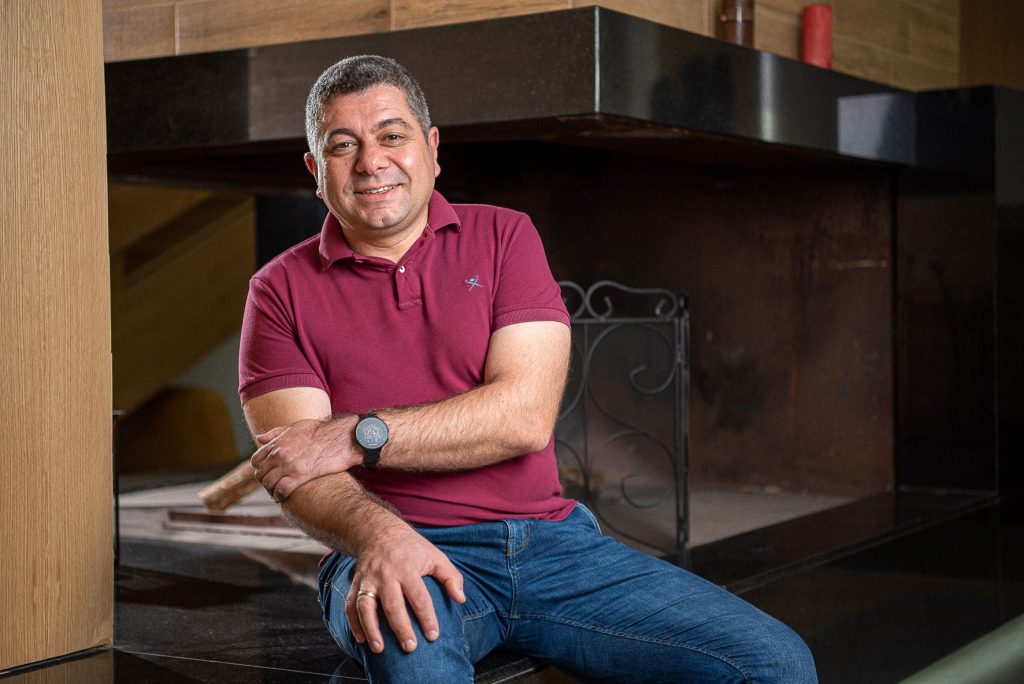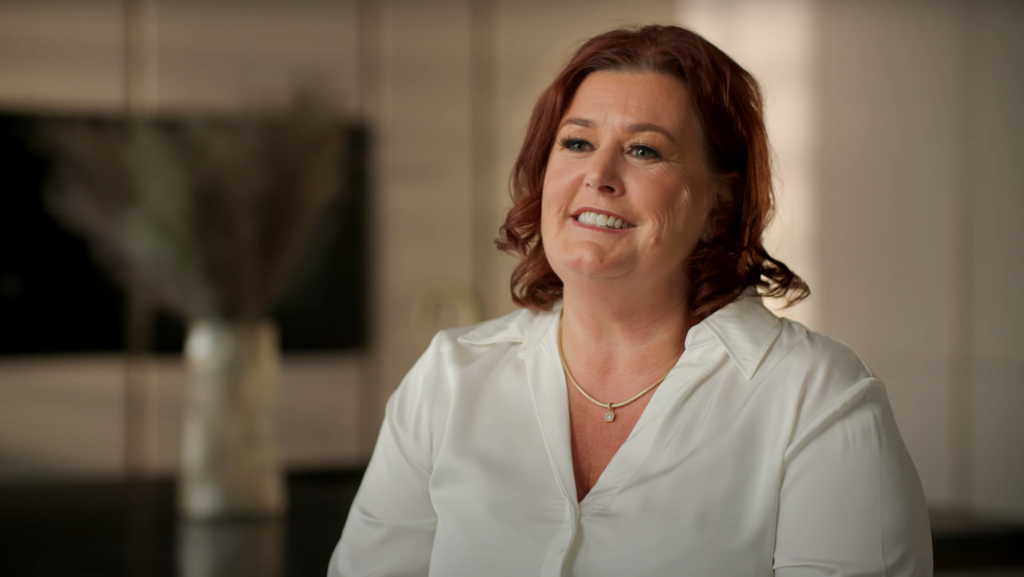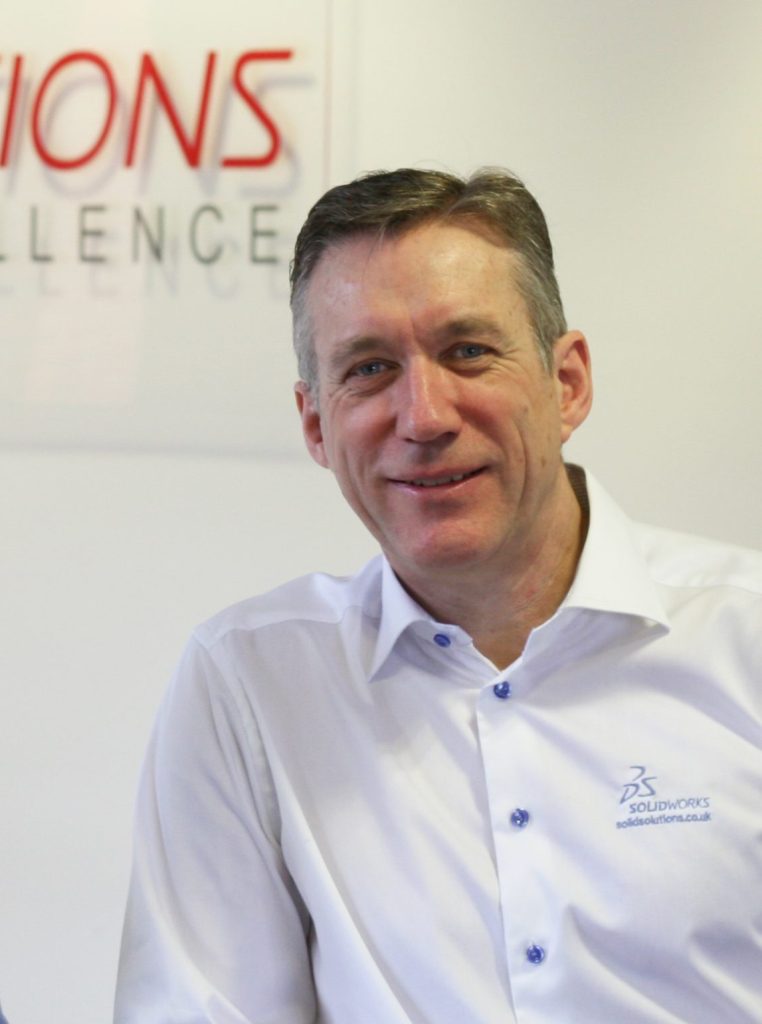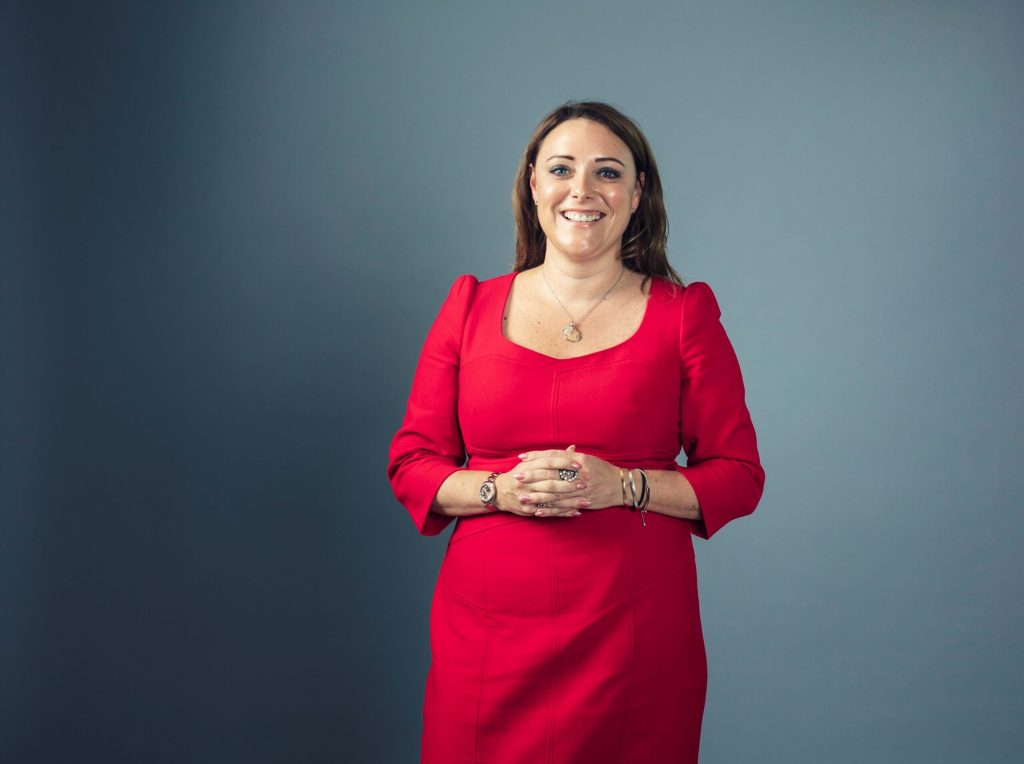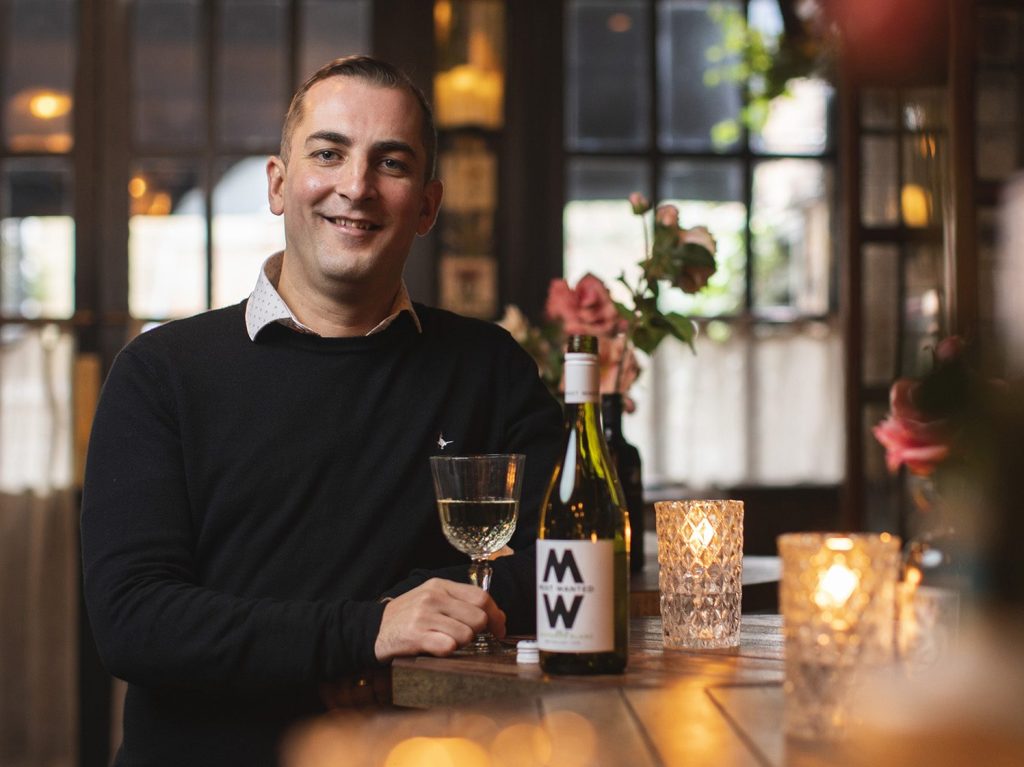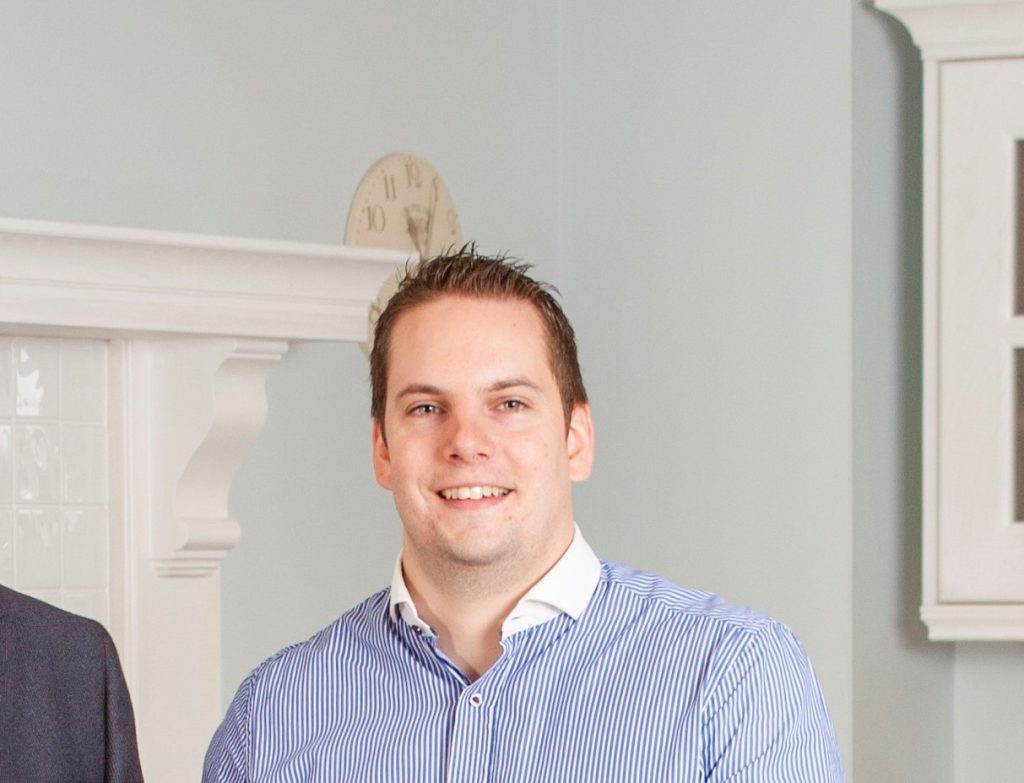In 2020, BGF invested in A Wilderness Way to support the growth and development of more services for vulnerable young people in the UK. As part of the deal, Fiona Lowry, founder and ex-CEO of The Good Care Group, joined the board as non-executive chair. In this in-depth interview, we hear from the company’s Co-Founder and CEO, Geoff Jenkinson:
Geoff Jenkinson, A Wilderness Way: “We want to change the narrative”
As part of our Stories of Growth series, we hear from the co-founder of a specialist residential childcare provider.
When I was 17, I was out with friends in the town centre when a homeless man fell on his bag containing bottles of spirits, severely hurting himself. We patched him up, bought him a cup of tea, and called an ambulance.
The attitude of the police staff was really negative towards him. I thought: I want to do something in the social space and bring a different attitude. Here was somebody who, for whatever reason, was living rough, relying on alcohol, clearly distressed, and needing immediate support.
I decided I wanted to go into social care, but couldn’t work with homeless people at that stage because I was too young. I was told I could work with young people instead.
Drifting from my purpose
I got my first job in a residential special school at 19 years old. The deputy head of care was Clare Houghton, who is the other co-founder of A Wilderness Way.
Over the years, I was feeling as a support worker there was little direct career progression. I decided to do a diploma in social work in the early nineties. That was tough. You needed a minimum of three years’ experience to get onto the course and the courses were very scarce. I was unsuccessful.
I had worked on the markets as a child, selling clothing, fruit picking in summer holidays and progressed to sales jobs when I was a little bit older. A friend of mine said there was a job going at a local advertising firm. It appealed to me. I thought, I’ll go back to social care later.
“I accidentally went into a commercial role”
I progressed in this company, accidentally going into a commercial role, which progressed to working with blue chip companies and delivering national media campaigns. One day I woke up and thought: I’ve drifted so far from what I wanted to do.
Into the wilderness
Clare gave me a call to join a small company. She needed me to liaise with local authorities and help children in need. She and I grew the organisation to a considerable size, up from three services to nine, and eventually the individuals involved wanted to sell and move on.
We looked at a management buyout in 2006. Thankfully, we didn’t manage it. Clare and I didn’t have large disposable incomes so it would have been highly leveraged and then the crash happened in 2008. We probably wouldn’t have survived.
At the same time, I had learnt that Wilderness Experiences in Cumbria was on the market. We spoke to the owners, found someone to back us and purchased the business. We were self-funded for the first 18 months. The first day we took over, we had one contracted employee and some freelancers. There were only two children in placement and all the accommodation was temporary and poor quality.
By the end of day one, we had increased to three children in our care. We set about issuing contracts of employment to all 23 freelancers. We then set about improving the staff training, accommodation and the equipment we had inherited. The team started to feel valued as they could see our focus was investing in them as well as the children we cared for. Today, we look after 34 children across 25 properties, with a team of 275 staff within the organisation.
BGF & A Wilderness Way
We wanted to work with someone who would assist us because we were maturing from a small organisation to a medium-sized organisation, and we needed to professionalise and improve our executive team. We felt BGF would help us retain autonomy and control, and would support us to be the best we could be.
All about the team
We want to reduce the amount of time a child is in care, so we do short, intensive packages of residential care in which children can take part in outdoor adventure activities and reengage in meaningful learning.
We promote the child’s voice on what they want to do with us and what the next steps could look like, and we share that with local authorities so that the young people can have control over their own care plan. We see fantastic success. They fulfil their potential with us and when they move on, they make more confident choices with direction and purpose.
The majority of the children we work with are victims of criminal exploitation, child sexual exploitation, or may have been groomed into gangs and experienced trauma. There is no one-size-fits-all approach. They may well have been out of school for a long time, so we assess where they are at.
Our 17-week assessment care packages holistically focus on where a child is educationally, taking into account physical and mental health and data from a range of psychometric assessments throughout their stay with us. This is to enable all professionals working with the child to put a permanent plan in place for when they leave our care. If we feel we can offer a longer care package to offer therapeutic support for a small number of children, we can extend our support for up to 12 or 18 months.
“We have an unbelievable team – they are key to everything we do”
We have been very fortunate in that we have an unbelievable team – they are key to everything we do. All our success is through our teams – our management and leadership teams, our care teams, including our fantastic head office staff.
They are the brave ones
We want to take away the labels our children have been given and change the narrative. We work with children with incredible skills – music, art, singing. They have skill sets I could only dream of. We need to celebrate and find those skills and help them focus on the positives and to begin to believe in themselves.
In future, we would like to extend our offering to support not only children and young people but also work with family members, and support children as they move back into the home setting. At A Wilderness Way, every child has a dedicated team working with the child. The homes we create are nurturing safe places which help children to feel safe and promotes positive safe relationships with their carers.
We are all trained professionally to emotionally detach. You have to be able to switch off and readjust. I do that by spending time with my family, having a walk or a mountain bike ride. That helps me go back to work with a clear head. We know we are keeping children safe and making the right decisions for them. A Wilderness Way is committed to continually striving to ensure children’s welfare is at the heart of every decision we make.
Our children don’t want our sympathy and may not even realise they need our support, but we have to do it and give them the best chance. It’s not about us. They are the brave ones. They have lived things we can’t imagine. We look after ourselves to support them.
To live their best life
I was one of the lucky ones, I had a great childhood. However, I have witnessed inequality and prejudice. For me personally, A Wilderness Way is a vehicle to help children feel and believe they are valued – when they first come to stay with us, their self-esteem can be so low.
I want to put my head on the pillow every night and know we have done our absolute best for every child that we support – that we have done as much as we can to help them move forward and live their best life. That will be the legacy of A Wilderness Way.
